
12:
SEVDAH
-
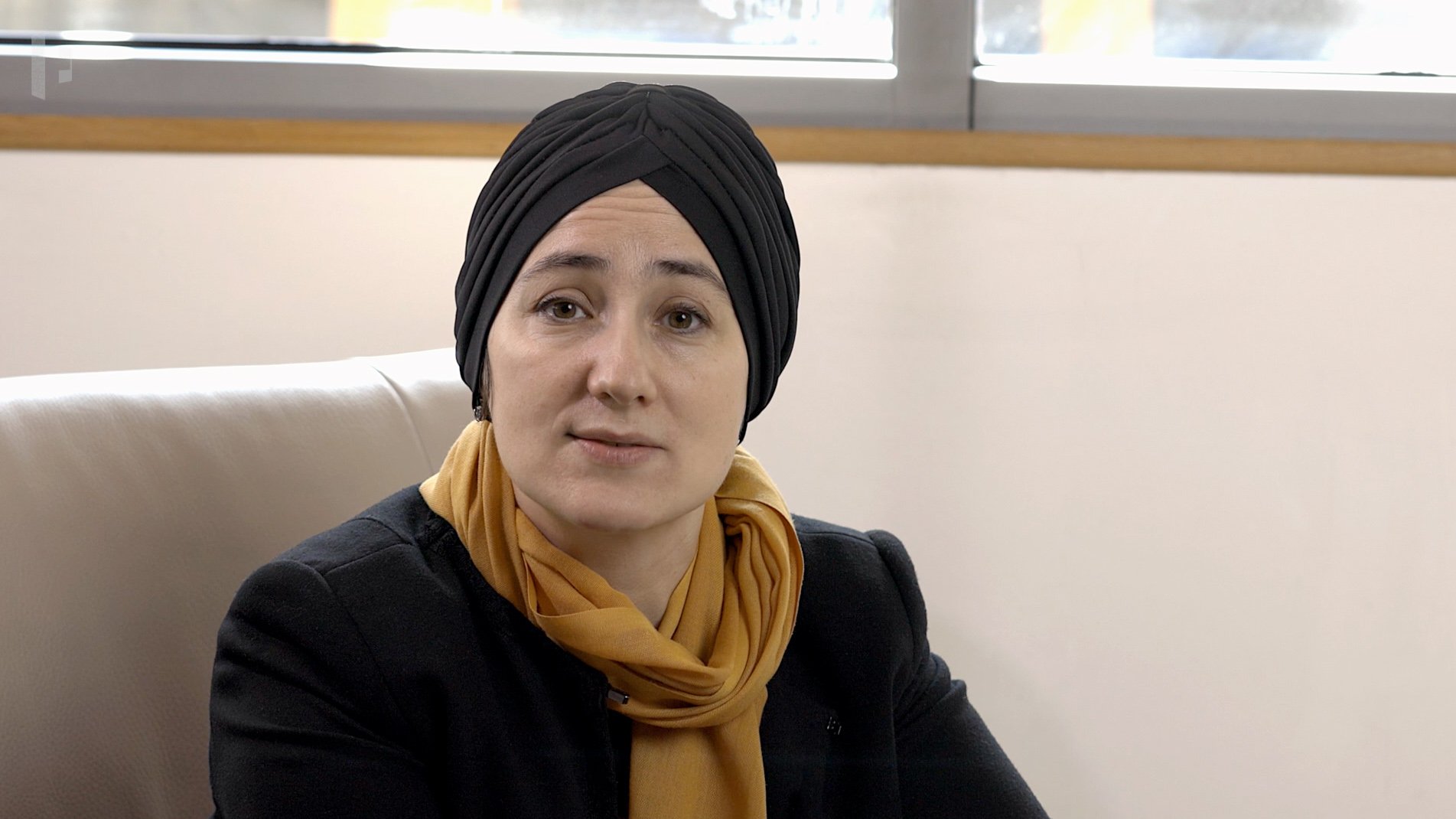
VIDEO INTRODUCTION
-
SEVDALINKA
Sevdalinka is the urban folk song of Bosnian Muslims. According to Enciklopedija Jugoslavije (1969), its origins are to be sought in Slavic lyrical oral poetry and Oriental music.
-

FEATURES OF SEVDALINKA
Sevdalinka is the most significant musical-poetic form of our musical tradition and oral lyric poetry. It is assumed that it possibly emerged in the late 15th century as a distinctive form of love poem and song.
-

SAZ IN THE MUSICAL TRADITION OF BOSNIA AND HERZEGOVINA
The oldest proofs of the existence of stringed instruments can be found in the archeological materials of Sumerian civilization. There are several opinions of the origins of saz on the Balkan peninsula.
-
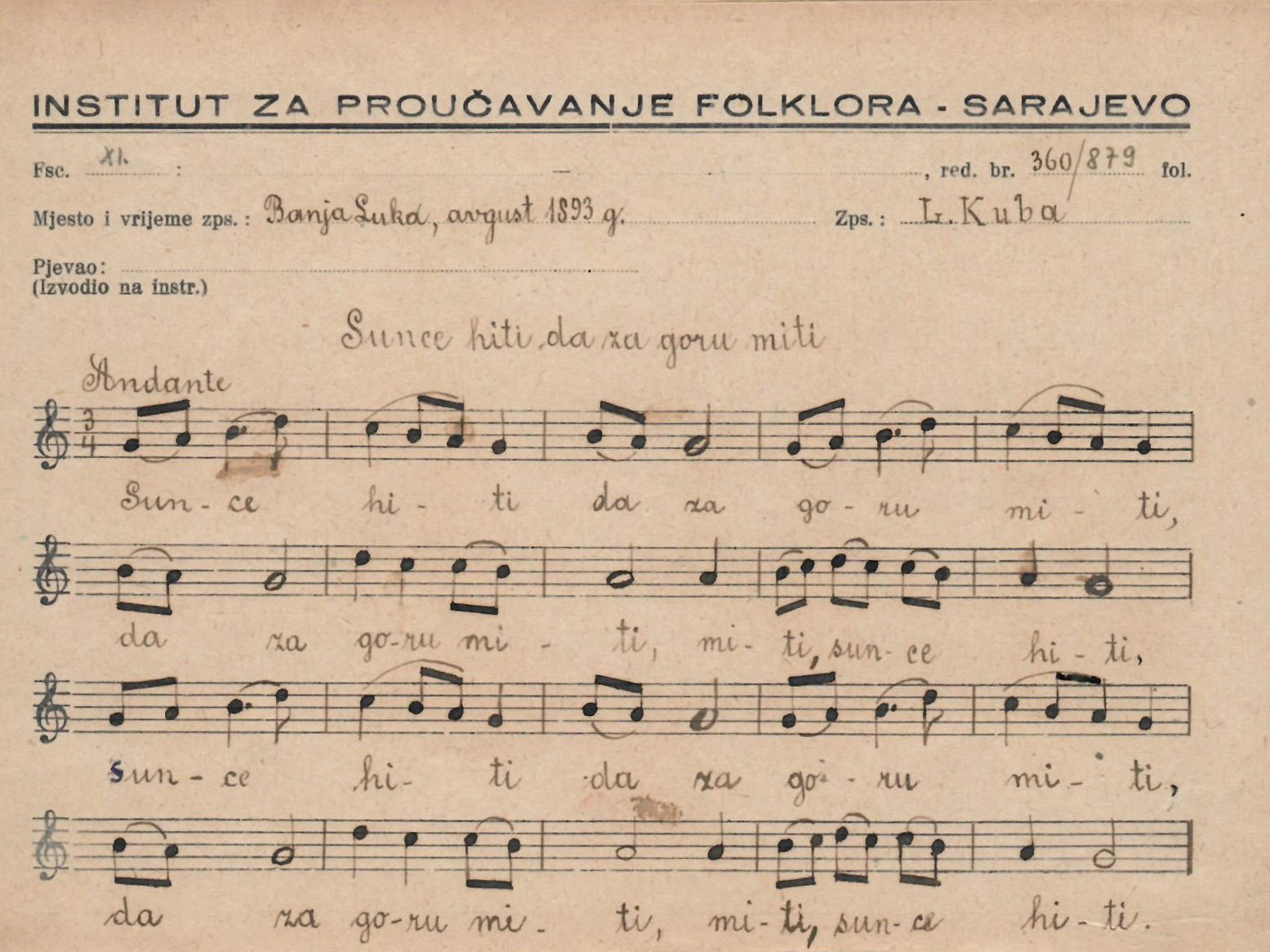
LUDVIK KUBA'S MUSICAL NOTATIONS
Czech ethnomusicologist and folk music collector Ludvik Kuba arrived in Bosnia in the summer of 1893, searching for the folk songs of South Slavs.
-
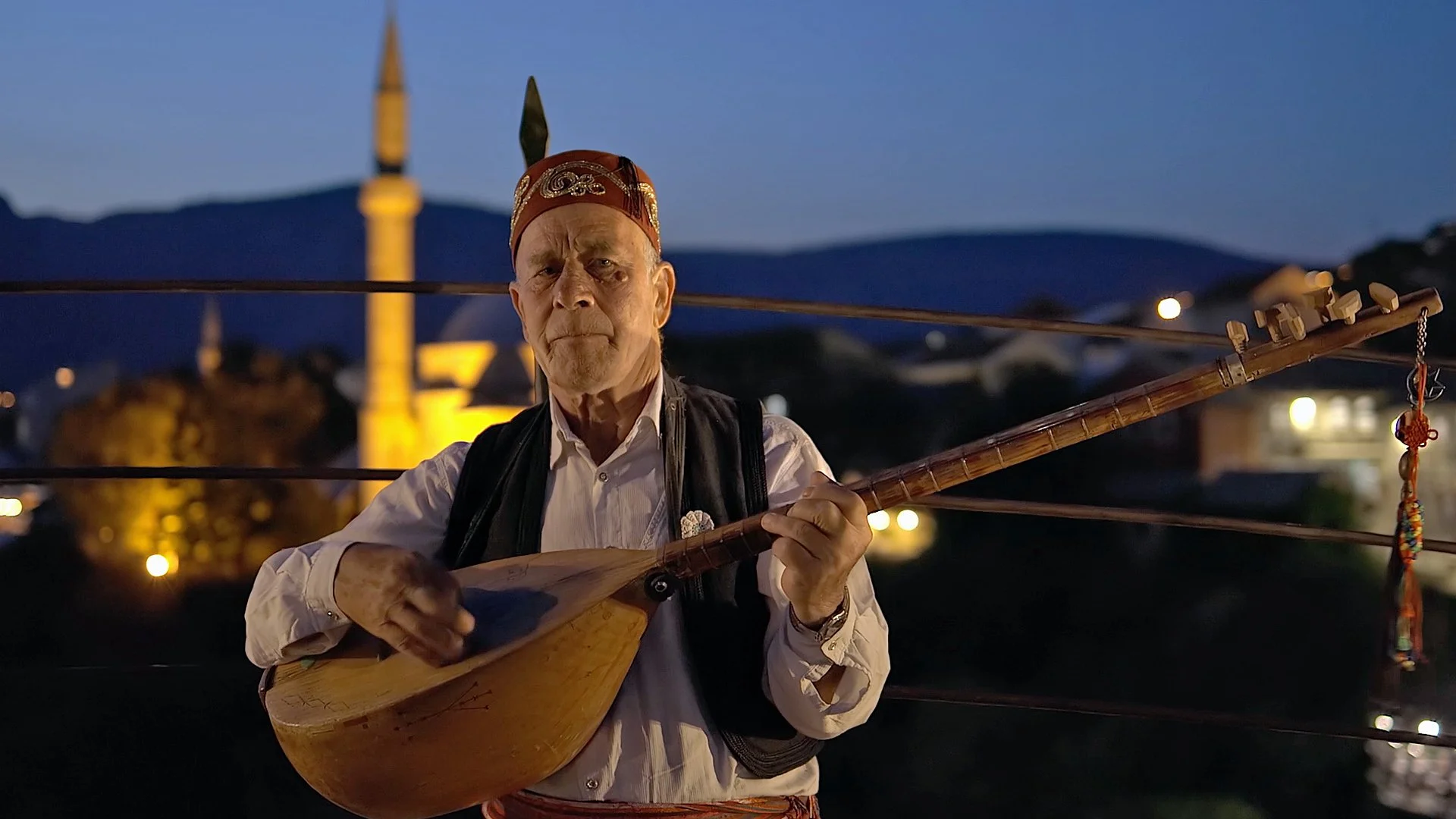
SAZ-PLAYER FROM THE OLD BRIDGE
Šaban Karajić learned to make and play saz from his father. He is currently playing on the streets of Mostar and Stari Most, on a 200-year-old saz.
-

HOW THE SONG “STAR SE ĆURČIĆ POMAMIO” (OLD ĆURČIĆ IN FRENZY) ORIGINATED
Although polygamy, which is allowed from the viewpoint of Islam, was not a rare occurrence in Bosnia and Herzegovina among higher classes of Muslim society, Muslim women in Bosnia and Herzegovina did not gladly approve this practice to their husbands.
-

SEPHARDIC MELODY AS A BASIS FOR A BOSNIAN SEVDALINKA
The origin of the melody of probably the best known and the most performed Sarajevo sevdalinka “Kad ja pođoh na Bembašu” (When I went to Bembaša) has been attracting the attention of researchers, writers, folklorists and lovers of folk music tradition.
-
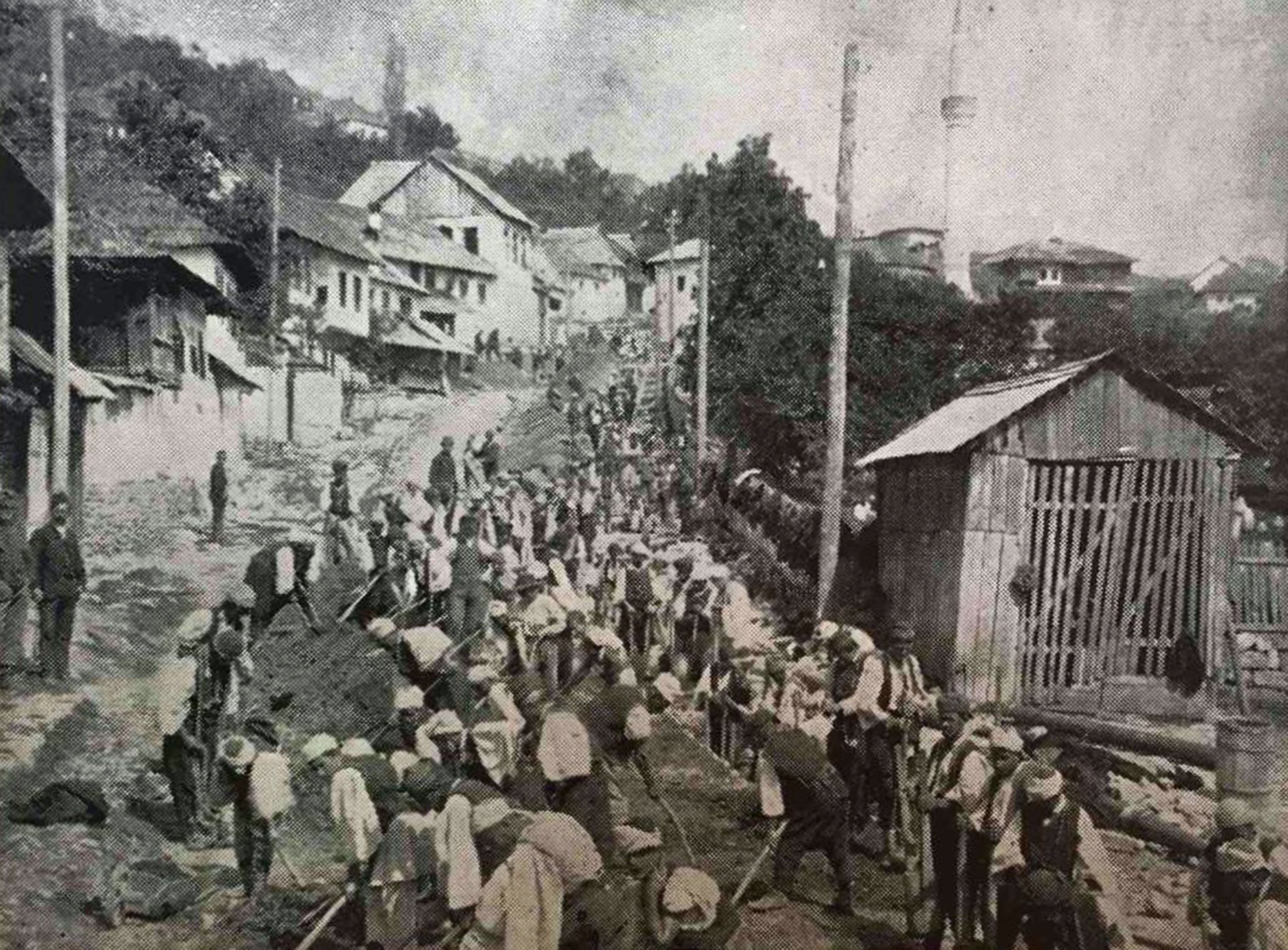
SEVDALINKA FAN AND POET SAFET KAFEDŽIĆ
If we wrote about composers who created their poems and songs after the model of the traditional Bosnian and Herzegovinian love song – sevdalinka, it would be wrong to omit the name of Safet Kafedžić.
-

ISMET ALAJBEGOVIĆ ŠERBO: A REPRESENTATIVE OF AUTHENTIC MUSICAL EXPRESSION BASED ON FOLK HERITAGE
Thirty-five years ago, a distinguished musician Ismet Alajbegović Šerbo passed away.
-
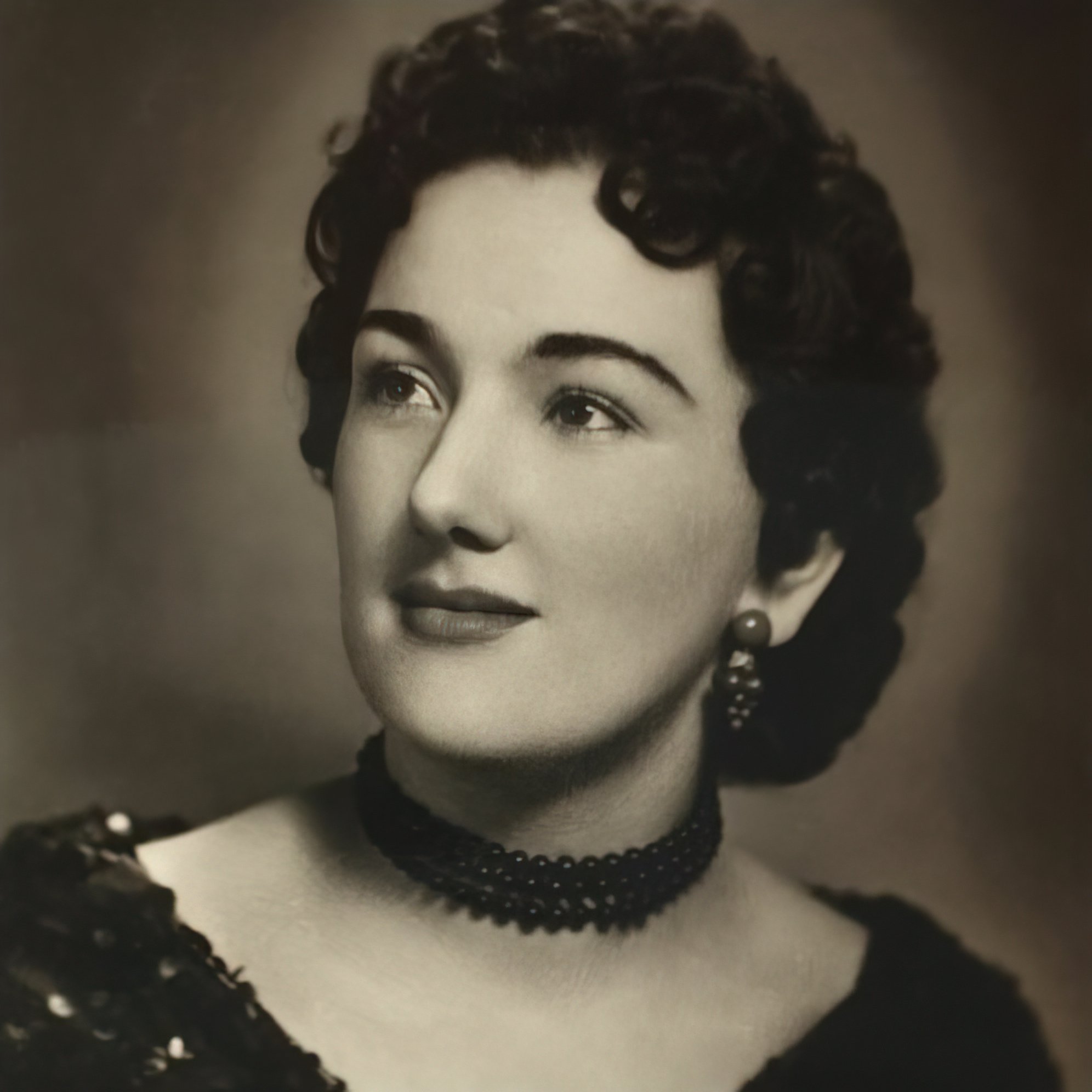
EMINA ZEČAJ - THE FIRST PERFORMER OF SEVDALINKAS ACCOMPANIED BY SAZ
“The icon of Bosnian traditional music” is how British magazine Billboard described Emina Zečaj in February 2004, on the occasion of the announcement of her album “Emina Zečaj: Traditional Bosnian Songs” published by “Gramofon”.
-

REŠAD BEŠLAGIĆ A POPULAR SEVDALINKA SINGER BETWEEN THE TWO WARS
Rešad Bešlagić, a legendary singer of sevdalinkas between the two wars, was born in Tuzla in 1912, into an old family of agas.
-

ZEHRA DEOVIĆ (1938–2015)
She was a true musician, a brilliant vocal performer who belonged to the very top of distinguished performers of Bosnian and Herzegovinian urban love song – sevdalinka.
-

SUNG POEMS OF OSMAN ĐIKIĆ
A short life's journey of Osman Đikić was long and fruitful enough for his name to be included among prominent poets of Bosnia.
-

ZAIM IMAMOVIĆ
Zaim Imamović, one of the most popular performers and singers of sevdalinka in the second half of the 20th century, was born in 1920, in Mrkonjić Grad, which was called Varcar Vakuf at the time.
-
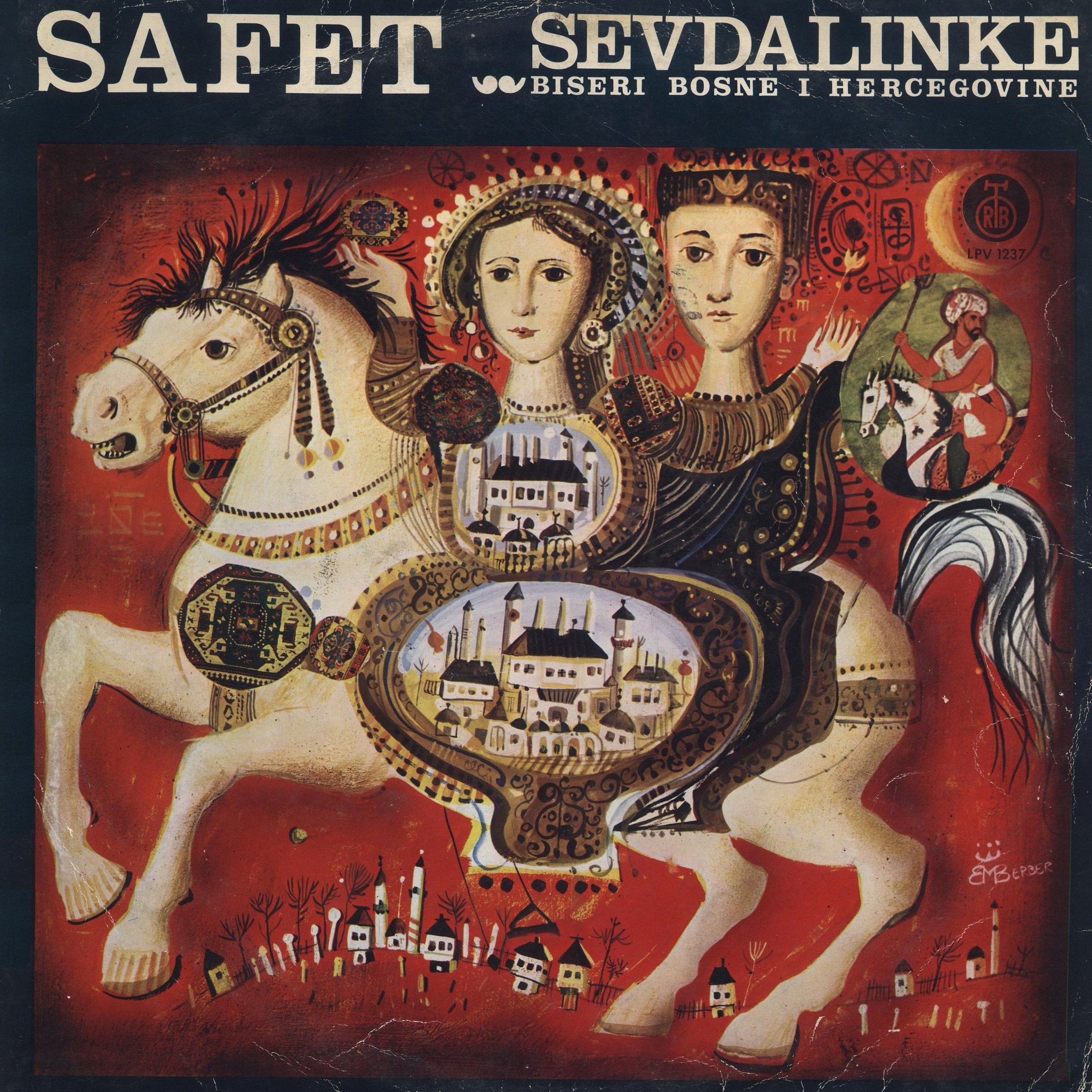
SEVDALINKA AS INSPIRATION
For over a century, sevdalinka, as a folk lyrical creation, has been capturing attention of researchers, melographers, travel writers, composers, musicians, writers and painters.
-

SUNG POETS: SAFVET-BEY BAŠAGIĆ
With the zeal of his heart, with the power of his soul, with his unbreakable will and extraordinary endurance, he carved his name both on the dead pages of our history and in our living hearts.
-

SUNG POETS: MUSA ĆAZIM ĆATIĆ
Only several lyrical poems, written in the language of sevdalinka, from the oeuvre of a poet from Bosnia and Herzegovina Musa Ćazim Ćatić have been recorded, performed by well-known performers of sevdalinkas.
-
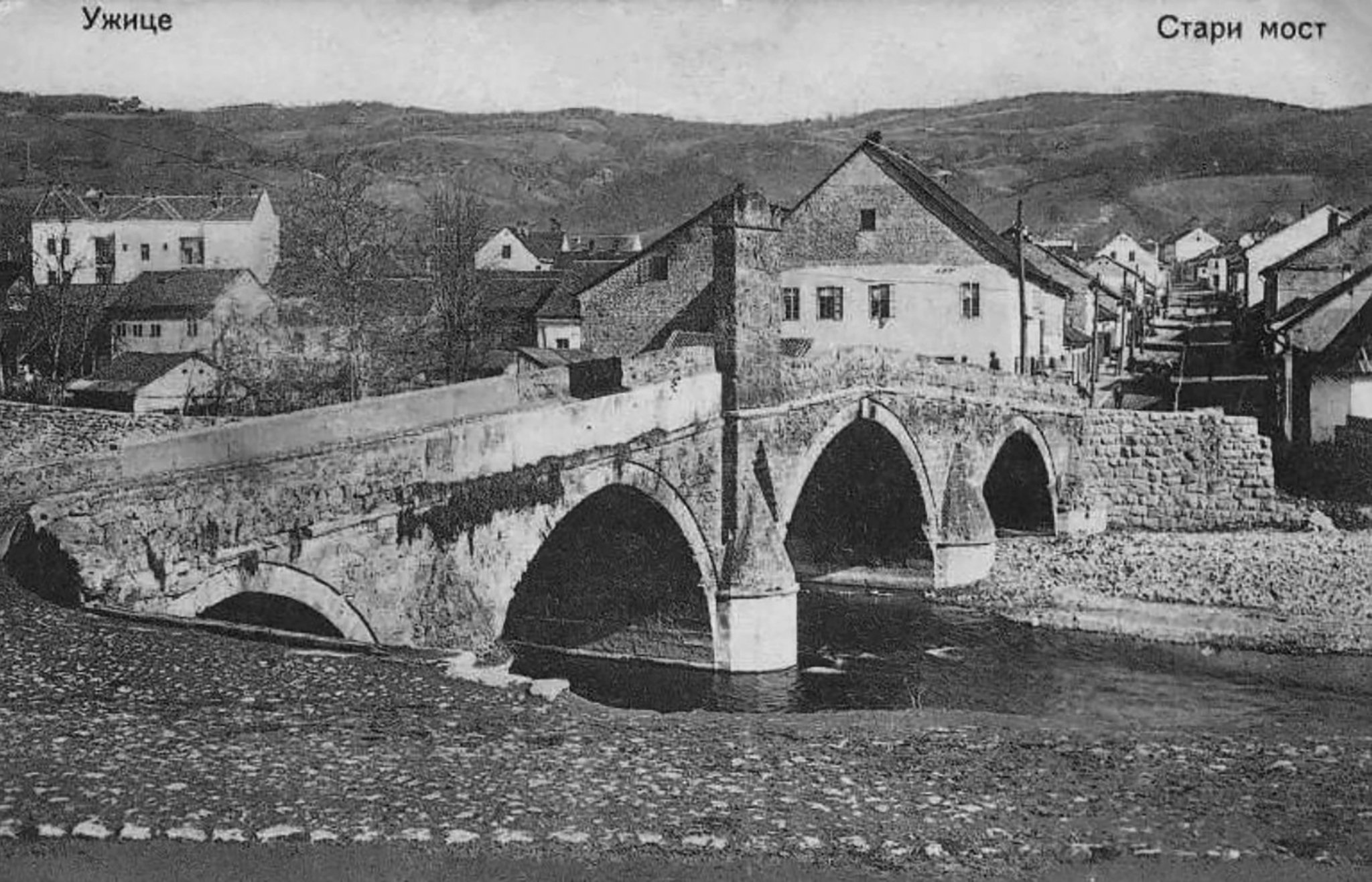
HOW THE SONG OJ, UŽICE, MALI CARIGRADE ORIGINATED
The lyrical folk song Oj, Užice, mali Carigrade (Oh, Užice, small Constantinople) originated during forced displacement of Muslims from the city of Užice.
